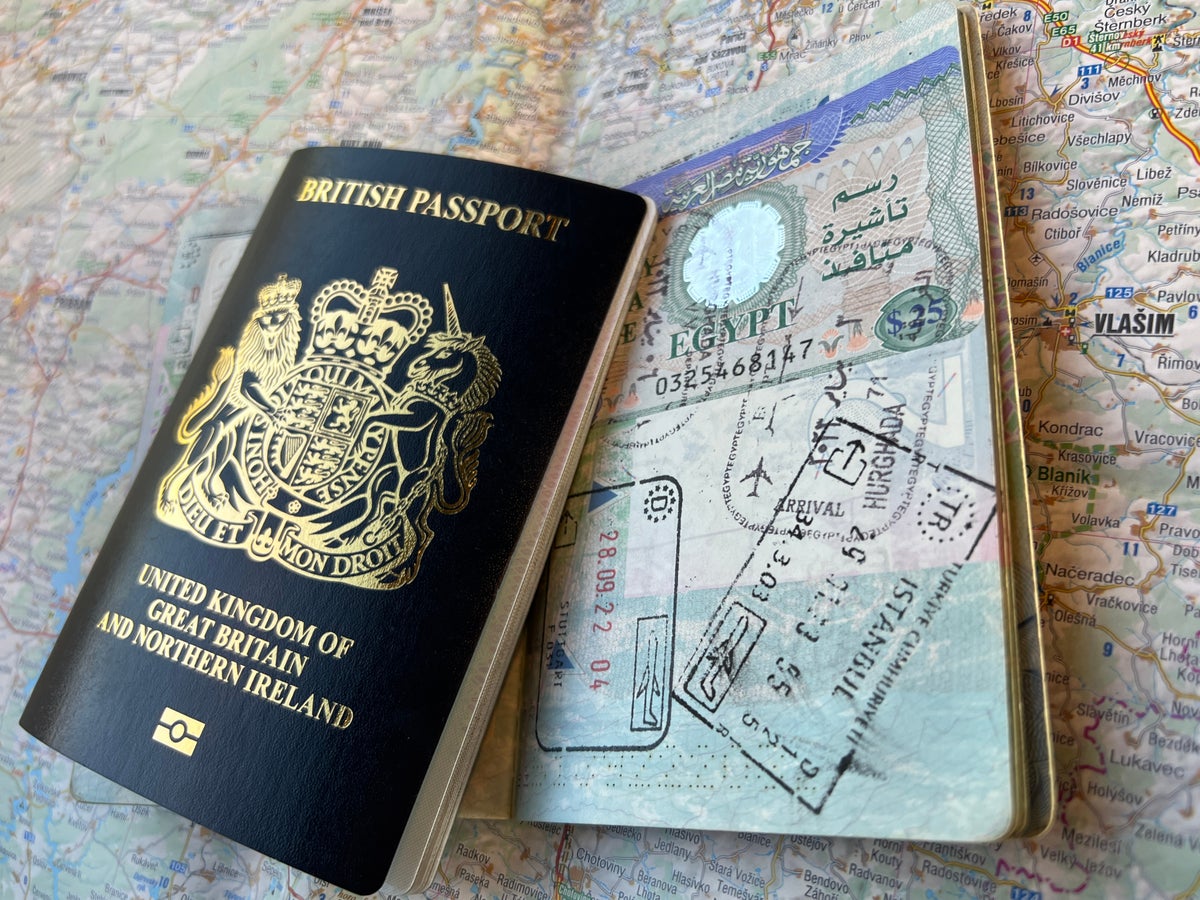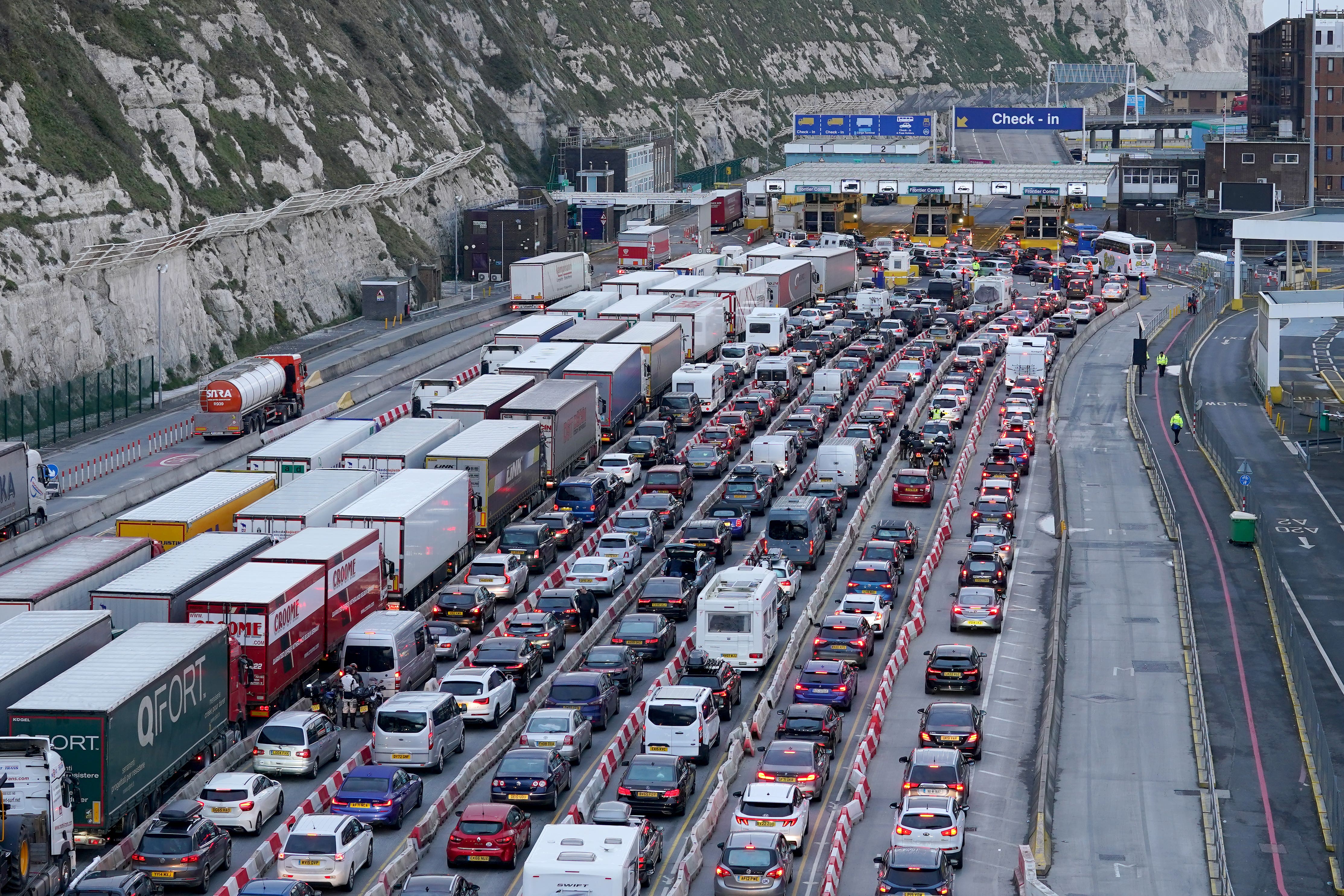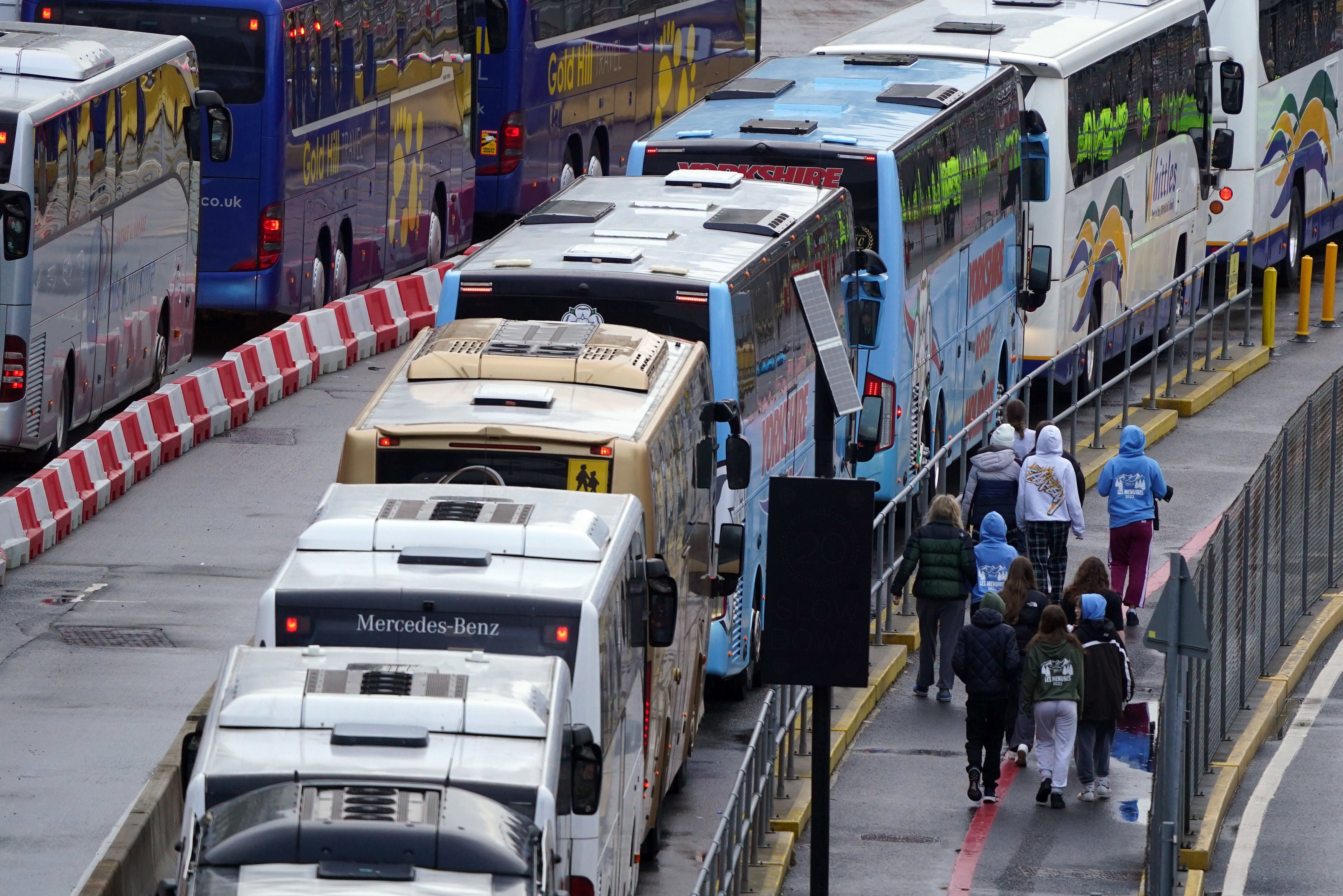
Anyone seeking a prime example of the phrase “Be careful what you wish for” need look no further than Rishi Sunak’s Brexit.
Leave campaigners – and those who negotiated the withdrawal agreement from the EU – were surely aware of how border formalities would change after the 2016 Brexit referendum.
The UK demanded that its citizens become “third-country nationals” in the eyes of the European Union, and insisted on aligning our status with that of travellers from Tonga, Venezuela, and dozens of other faraway lands.
We jettisoned the option to winter in Spain or Italy, asking to be subject to the “90/180-day rule”: as many second-home owners are discovering, if you spend from October to Christmas in the EU, that’s your lot until the spring equinox.
By shunning closer border ties with the European Union, we opted to line up in the slow queue when heading for France, Italy, and two dozen other nations. (You really don’t want to touch down at Milan Malpensa airport just after the Emirates A380 Superjumbo has landed: expect at least a 90-minute wait in the “all other passports” line.)
The only surprise is that anyone in government should be taken aback by the entirely foreseeable long waits for the hard EU border we negotiated. The queues on departure at Dover and Folkestone (our chosen frontiers with France), or on arrival at countless European airports, are the inevitable consequence of what Mr Sunak and his fellow Brexiteers wished for.

The revelation that the prime minister is now having second thoughts, and is seeking to reduce border friction, is welcome. With good intent on both sides, rather than the toxic exceptionalism claimed by the previous two prime ministers, there is some prospect of a bespoke “fourth-country” fudge.
It will recognise the fact that most British travellers to Europe just want to go on holiday, on business trips, or to visit family without coming up against the extremely rough edges that we seem to have voted for.
Don’t get your hopes up for a breakthrough before the peak summer months of July and August, though. And if you think the 2023 red tape is tangled enough, be warned that the UK signed up for even more extreme border sclerosis.
Once Europe’s much-delayed entry/exit system (EES) is up and running, passport stamping will be replaced by the dismal digital experience of fingerprinting plus a facial biometric scan.
Unless some closer agreement is reached, the chaos at Dover for families last July, and for coaches this Easter, will be taken into a higher bureaucratic dimension.

In return for being allowed some border latitude by Europe, the UK will surely reverse the idiotic decision to ban 300 million European Union citizens who carry perfectly secure national ID cards but have not chosen to obtain passports.
This particular ultra-Brexit demand has no security merit: the European Union insists that identity cards are just as secure as any passport. Yet it is causing great harm to inbound tourism, fuelling the belief that the British don’t care much for Johnny Foreigner, and diminishing our standing still further. Quelle surprise.







